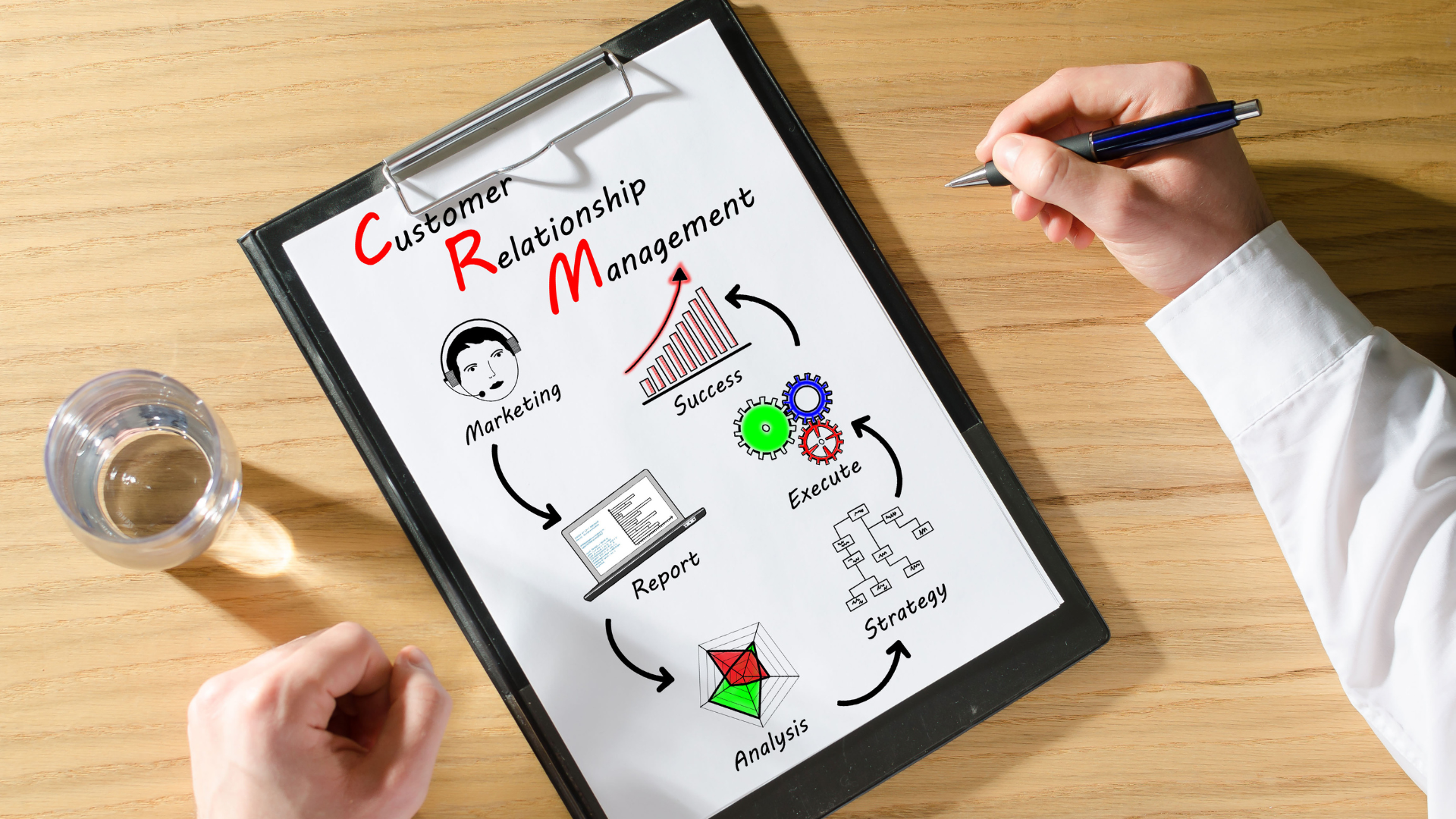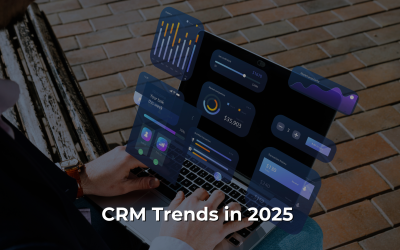Why Your Business Needs a CRM System
CRM has evolved beyond what the acronym was originally intended to represent—customer relationship management objectives. Business executives now view CRM as one of their primary growth hacking tools in addition to using it to manage clients more effectively.
A company development plan must include networking and contact management. Retaining clients and meeting their wants and demands through upselling and cross-selling is the ultimate objective. Consequently, it’s critical to organize and arrange contact information. The days of businesses storing contact information in emails and spreadsheets are long gone.
CRM software creates a clear medium for all members of the business by consolidating data from multiple sources and centralizing contact information on a single platform. CRM users have the ability to record account information about calls, emails, chats, support tickets, and purchases made by customers.
One of the most crucial sales tools in a sales representative’s box is CRM software. It is not just a method for managing contacts. Sales representatives can spend more time with clients and potential customers when they make the most of their CRM. More sales are closed and loyal customers stick around when one spends more time with them.
Using a cross-functional, fully integrated CRM solution will help businesses of all sizes.
Why you need CRM Software?
CRM software, like most cloud software purchases, provides a solution to an issue. Sales are declining. Clients are vanishing. Growth isn’t accelerating.
A CRM system boosts the quantity of leads that come in by organizing and storing your customers’ information wisely, which enables your marketing team to identify new clients more quickly. It helps your sales teams close more deals more quickly. It improves client service as well. For instance, contact center personnel can better serve consumers’ requirements in a more engaging, effective, and efficient way by integrating client data into your customer service software.
1. You have way too many prospects to take into consideration.
The first clue that you need a robust CRM is when you start to realize you have more prospects than you can remember. Most of the time, it leads to the same tragic outcome: you neglect to follow up, and your prospects leave to the other company.
By implementing a CRM, you’ll be able to govern all interactions with your prospects as soon as they join your sales funnel. To ensure you don’t miss a chance to follow up, CRM will periodically remind you.
2. Multiple individuals inside your organization are in communication with your prospects.
If your prospects interact with marketers, sales representatives, and support specialists among other people in your company, it can be difficult to remember who said what. If not, the message can just be misplaced and never get to the decision-maker.
Customers are informed that your organization lacks the appropriate customer-care attitude as a result, creating confusing situations.
All of your contacts with the customer will be recorded in a CRM system, which also lets you leave comments and recordings for other team members to access and be informed of any changes.
3. You have a longer sales cycle.
Long sales cycles are common in business to business (B2B) sales. These occasionally have a few-month duration. It’s difficult to recall each prospect’s position in the sales funnel in this situation.
With a CRM monitoring your sales funnels, you can always pick up where you left off without worrying that things might go out of control.
4. You are leading a sales team.
If you are a sales team manager, you will most likely want to ensure that you have complete control over all aspects of your sales reps’ contacts with prospects in order to provide effective sales coaching and update their abilities on a continuous basis.
With the use of a CRM, you can keep an eye on the activities, results, and clientele that your sales representatives are bringing into your business.
5. You run marketing campaigns.
You would want to manage all of your operations from one location if you were sending marketing communications to your prospects and current clients in addition to sales campaigns (such as lead nurturing emails, re-engagement emails, etc.)
Nothing will help you embrace all of your tasks better than an effective CRM. Let’s say that CRM, together with an integrated email marketing provider, helps you attract in prospects who, for whatever reason, don’t answer your cold calls by offering them valuable marketing messages.
Example:
Let’s examine two situations from the viewpoint of a client.
You require service for a product you bought from a company you’ve previously done business with. You even registered the product. The customer service agent you speak with on the phone doesn’t know anything about you, your purchases, or when they were made. Now, you have to undertake the tiresome task of providing the representative with information that ought to be easily accessible, like a model or serial number (which proves to be difficult to obtain).
You feel like you’re not very important to them because they seem to know little about you, and you’re wasting significant time giving this information to a corporation that should have made it accessible. The next time you consider making a purchase from that company, you take a close look at the competitors even though you did receive the necessary service.
Now examine an alternative situation. That support call is made by you. The agent treats you like the valued customer you are, has access to your whole purchase and service history, and only needs to take down your name and confirm your identity. This kind of individualized attention will keep you coming back, even in the case of a product malfunction.
The second kind of customer experience is supported by CRM. Every CRM-based meet gives your customer the chance to enjoy a more engaging, personalized experience. You have the chance to increase revenue, raise customer satisfaction, and develop brand equity. And that’s how you boost sales and foster client loyalty.
Wrapping It Up:
Unquestionably, CRM systems are crucial for modern firms because they automate marketing campaigns, improve sales workflows, simplify reporting, and provide valuable insights into customer behavior. If any of the above scenarios seem familiar, it’s time to take the next step and look for a CRM system for your company. Your business will be set up for massive growth with the support of the perfect system, which will help you find more clients, close more sales, maintain happier clients, and connect your whole operation.





![The best way to examine and analyze a CRM software development proposal [5 elements + 5 criterias]](https://twisterautomation.com/wp-content/uploads/CRM-SOFTWARE-DEVELOPMENT.png)
